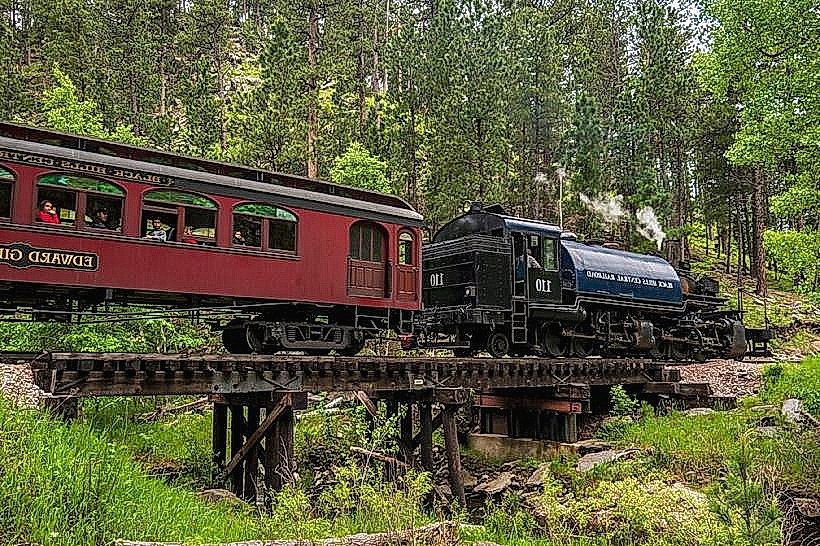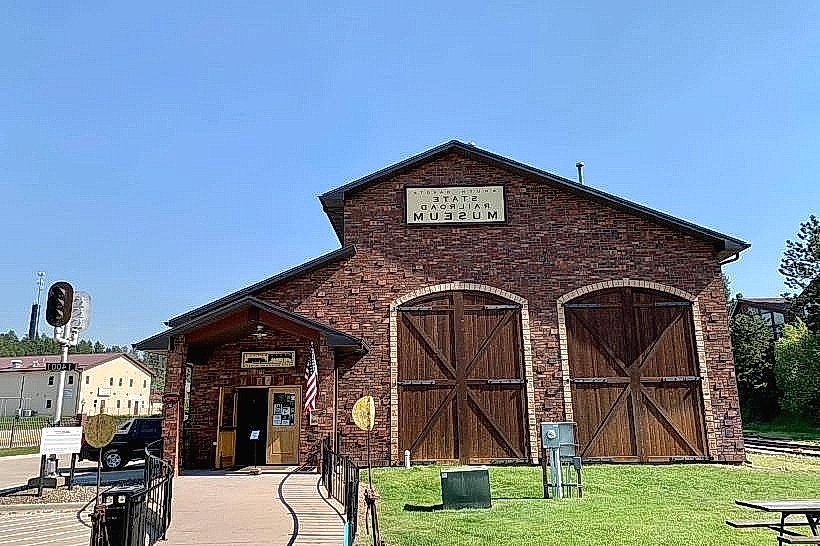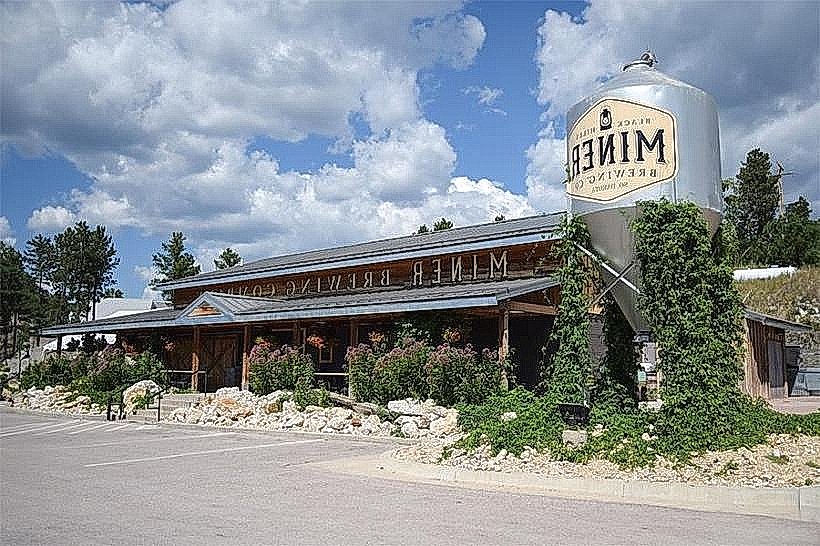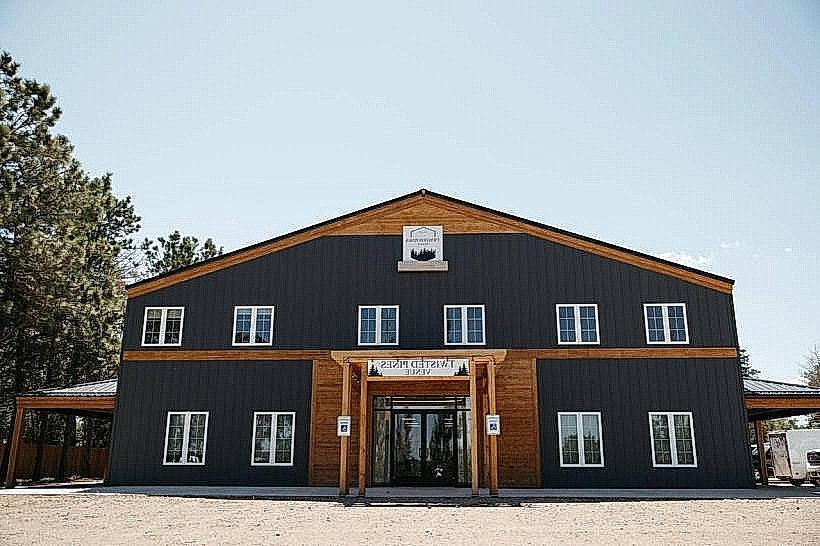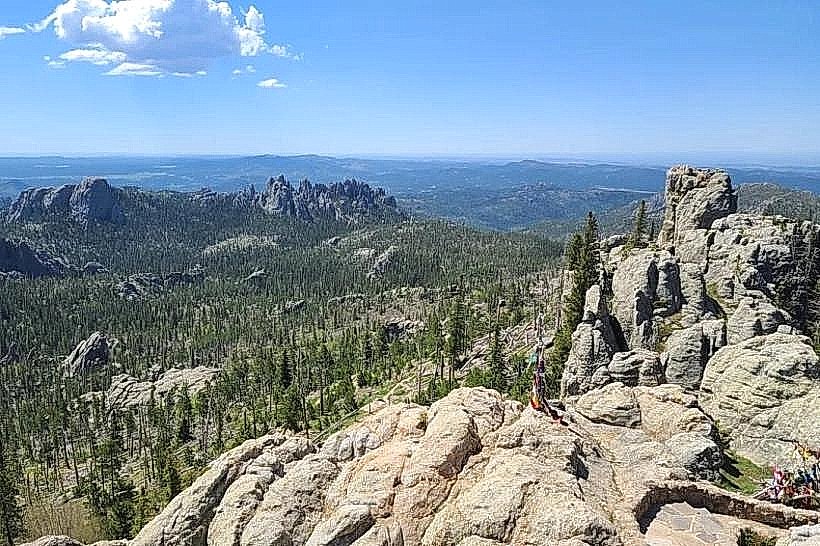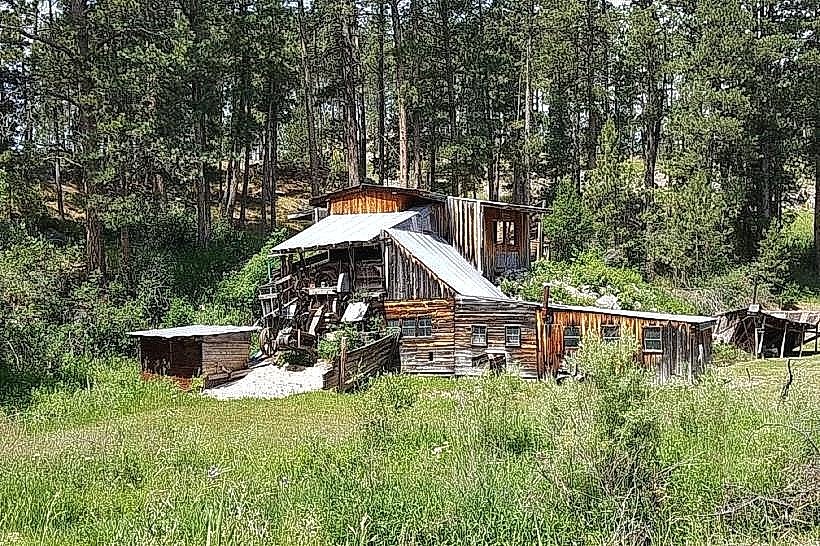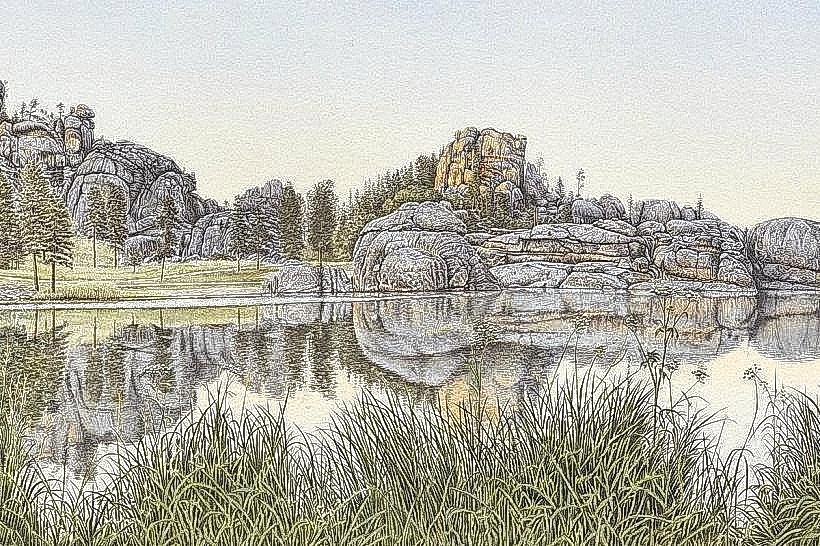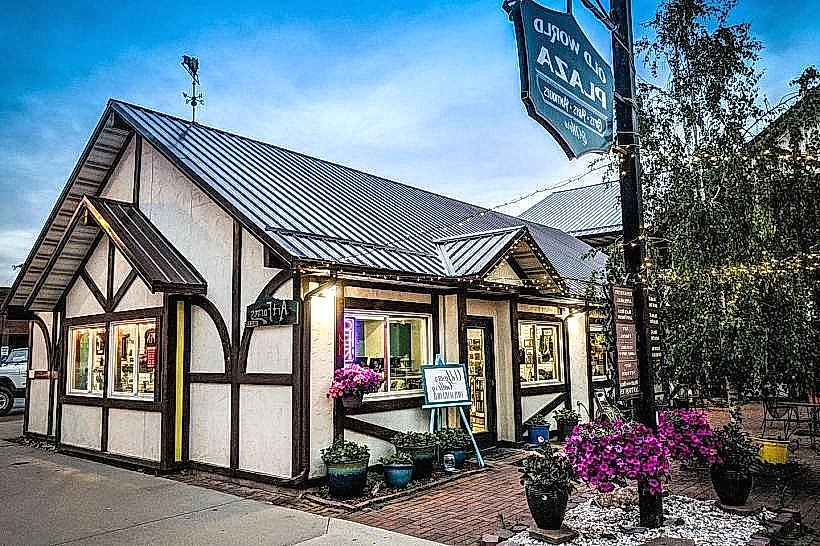Information
Landmark: Hill City DepotCity: Hill City
Country: USA South Dakota
Continent: North America
Hill City Depot, Hill City, USA South Dakota, North America
Setting and Overview
The Hill City Depot, located in the heart of Hill City, South Dakota, serves as the central boarding point for the 1880 Train – Black Hills Central Railroad, one of the most iconic heritage railways in the United States. The depot stands just off Main Street, framed by pine-covered hills, antique shops, and art galleries, making it both a functional station and a nostalgic landmark that captures the spirit of South Dakota’s railroad past.
Constructed in a traditional early 20th-century depot style, the building combines vintage architecture with modern visitor amenities. Its gabled roof, wood siding, and platform benches evoke the golden age of steam travel, while inside, guests find ticket counters, exhibits, and the buzz of travelers eager to board the next excursion to Keystone-a 10-mile journey that winds through the scenic Black Hills.
Historical Background
The Hill City Depot traces its roots to the Black Hills Central Railroad, established in the 1950s to preserve and operate historic steam locomotives originally used for mining and logging in the region. The railroad itself was built on a portion of track that once served the Chicago, Burlington & Quincy Railroad, which connected Hill City to other frontier settlements during the early 1900s.
When tourism began flourishing in the Black Hills, the line was revived as the 1880 Train, a living museum designed to recreate the sights, sounds, and rhythm of the steam era. The Hill City Depot became its main station and interpretive center, welcoming visitors from across the country who come to experience the heritage route through forested canyons and granite outcrops.
Architecture and Design
The depot’s design blends authenticity with practicality. The exterior retains a classic railroad aesthetic-wooden beams, a long covered platform, and period-style signage reminiscent of early Great Plains depots. The interior features polished woodwork, antique railway décor, and exhibits highlighting the area’s railroading legacy.
Large photographs on the walls depict early engineers, track layers, and steam locomotives hauling freight through the rugged Black Hills terrain. The building’s layout encourages flow: ticket counters and the gift shop occupy the main hall, while doors open directly onto the platform where the steam engine and passenger cars await departure.
The 1880 Train Experience
The Hill City Depot serves as the starting point for the 1880 Train’s round-trip journey to Keystone, a 2-hour excursion through pine forests, open meadows, and historic mining sites. Passengers board beautifully restored vintage coaches pulled by authentic steam locomotives that date back more than a century.
As the train whistles and begins its ascent into the hills, passengers catch glimpses of Battle Creek, abandoned mining claims, and distant rock spires. The sound of the engine-the rhythmic chuff of steam and the echoing horn-creates a sensory link to the region’s frontier days.
Upon return, visitors often linger at the depot to watch the engine uncouple, take photos beside the locomotive, or browse through the small museum exhibits and model train displays inside.
Exhibits and Features
The Hill City Depot includes several engaging features for visitors:
Railroad History Displays: Panels and artifacts explaining the early rail lines of the Black Hills and their connection to logging, mining, and settlement.
Model Train Exhibit: A small-scale recreation of historic Hill City, complete with miniature tracks, locomotives, and landscapes.
Gift Shop: Stocked with books, souvenirs, and railroad memorabilia, including 1880 Train collectibles and apparel.
Observation Platform: An outdoor area where visitors can safely view engines up close, watch maintenance work, and feel the rush of steam as trains prepare to depart.
Atmosphere and Visitor Experience
Stepping into the Hill City Depot feels like entering a time capsule. The faint smell of coal smoke drifts through the air, mingling with the sound of bells and the hiss of steam. Conductors in period uniforms chat with passengers, children wave from the platform, and camera shutters click as the locomotive releases a slow, rhythmic puff into the crisp mountain air.
The environment is family-friendly and immersive, offering both history and entertainment. Many visitors pair their train ride with nearby attractions like the South Dakota State Railroad Museum, Prairie Berry Winery, or Museum @ Black Hills Institute, all within a few minutes of the depot.
Impressions
The Hill City Depot stands as both a gateway to adventure and a monument to South Dakota’s railroading heritage. It’s a place where the past isn’t locked behind glass-it moves, breathes, and whistles its way through the Black Hills.
From the polished brass fittings on the locomotive to the laughter of passengers on the platform, every detail feels genuine. Whether you’re a railway enthusiast, a family traveler, or simply drawn by nostalgia, the Hill City Depot delivers an experience that bridges history and motion-proof that the rhythm of the old steam era still runs strong in the heart of the Black Hills.

